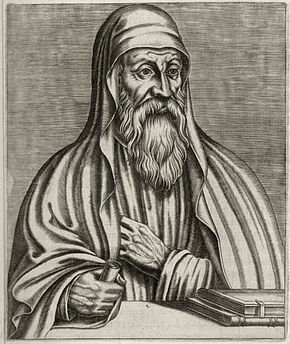I don’t really do comedy so I start out with a very serious link to an even more substantively serious article: The Science of Why We Don’t Believe Science by Chris Mooney. It’s a four page article so don’t forget to continue after reading page one. It explains what most people reading this blog understand anyway, but there are some ideas that are always welcome for a return visit. But if you insist on its return being brief here is its conclusion:
In other words, paradoxically, you don’t lead with the facts in order to convince. You lead with the values—so as to give the facts a fighting chance.
For the more indulgent here are a few more excerpts – tabled to facilitate a quick bypass:
| In other words, when we think we’re reasoning, we may instead be rationalizing. Or to use an analogy offered by University of Virginia psychologist Jonathan Haidt: We may think we’re being scientists, but we’re actually being lawyers(PDF).Our “reasoning” is a means to a predetermined end—winning our “case”—and is shot through with biases. They include “confirmation bias,” in which we give greater heed to evidence and arguments that bolster our beliefs, and “disconfirmation bias,” in which we expend disproportionate energy trying to debunk or refute views and arguments that we find uncongenial. . . . .
And that undercuts the standard notion that the way to persuade people is via evidence and argument.In fact, head-on attempts to persuade can sometimes trigger a backfire effect, where people not only fail to change their minds when confronted with the facts—they may hold their wrong views more tenaciously than ever. |
But here is some sure evidence that in the studies of Christian origins scholarly intestines are quite often more active than cranial synapses.
All of the arguments below are taken from scholars who are opposed to the Christ Myth argument. Let’s re-word that. They are taken from scholars who for all I know are opposed to “any and every” Christ Myth argument. They are presumably, then, arguments that anti-mythicists can take seriously IF they are discussed within a context that is not threatening to their fundamental paradigms. Presumably they need only be dismissed with subjective epithets like “unpersuasive” or “too sceptical” if they come as part of a mythicist’s kit. If they come from the pen of “scholars” who do not question the historicist paradigm they may be described as scholarly arguments and their proponents may be called scholars. But if they are found in the writings of those who argue for a different origin of Christianity more ribald descriptors can be found.
But every one of the following arguments is soundly attacked without quarter when the one using them is suspected of elsewhere entertaining mythicist sympathies: Continue reading “Anti-mythicist scholars shooting their own side”





